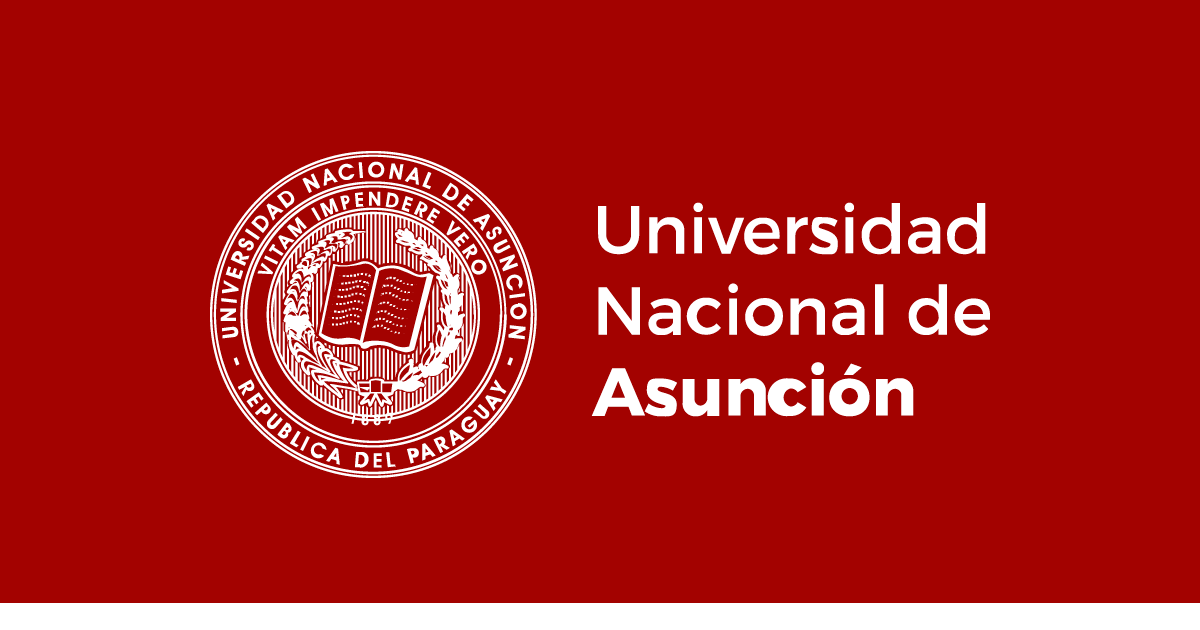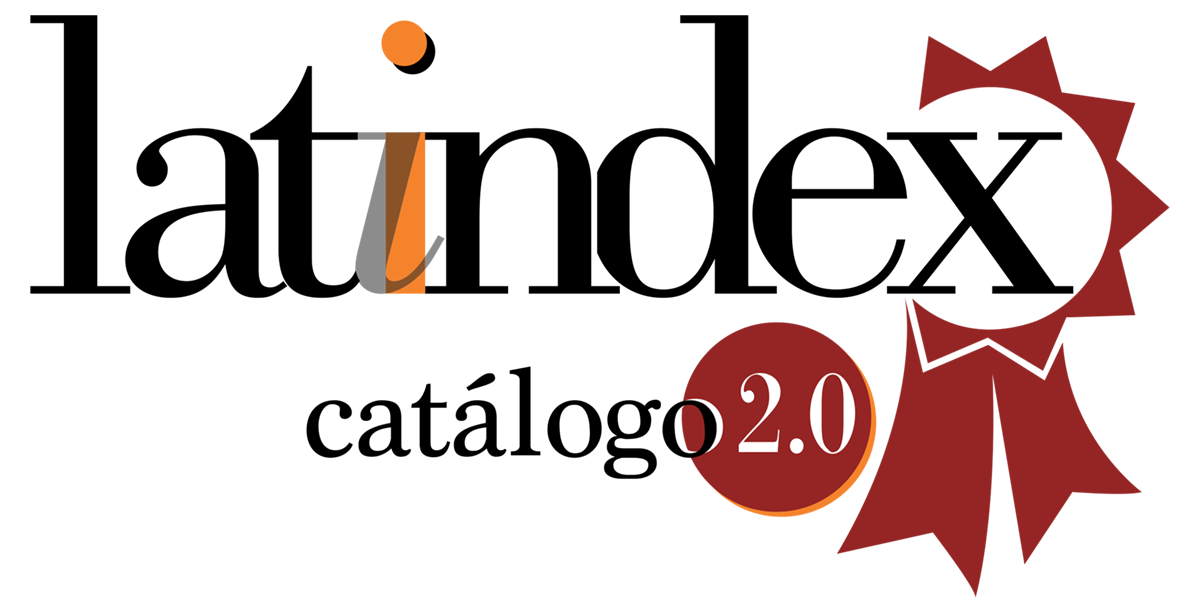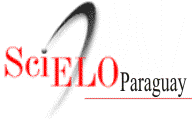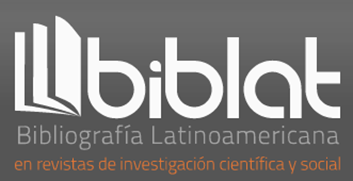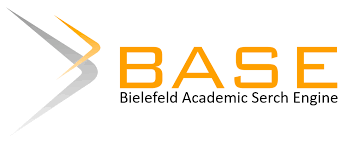Knowledge and practices on exclusive breastfeeding in primiparous mothers who consult in two child friendly hospitals in Paraguay
DOI:
https://doi.org/10.47133/IEUNA2113Keywords:
breastfeeding, knowledge, practices, primiparousAbstract
Breastfeeding provides an incomparable means of providing an ideal food for the growth and development of the newborn. The Objective to evaluate the knowledge and practices related to exclusive breastfeeding in first-time mothers who attend the Reina Sofía Maternal and Child Hospital of the Paraguayan Red Cross and the Trinidad Maternal and Child Hospital, which have the name "friend of the child and mother” and the association between these variables. A descriptive analytical cross-sectional study was carried out, carried out in January and February 2020 on 90 primiparous women. The variables studied were sociodemographic, knowledge and practice about exclusive breastfeeding. The average age was 27. The majority were single (46 %). Secondary was the level of education in general with 49 %. The mothers' occupation was that of a housewife for the most part (57 %). Regarding knowledge about exclusive breastfeeding, the following proportions were found: regular was the highest with 53 %, followed by good in 29 % and finally deficient with 18 %. Regarding the level of practices, it was found to be 54 % inadequate and 45 % adequate. When analyzing whether there is an association between knowledge and practices on exclusive breastfeeding, we have not found an association between these variables (P = 0.233). Knowledge about breastfeeding in primiparous women was mostly regular, and in terms of practices, an inadequate level was observed in a greater quantity. No association was found between knowledge and practices about exclusive breastfeeding.
Downloads
References
Barriuso Lapresa, L. (2007). Estudio multivariante sobre la prevalencia de la lactancia materna en el centro-norte de España. Revista de Pediatría de Atención Primaria, 9, 589-612.http://archivos.pap.es/files/1116-710-pdf/739.pdf
Belintxon-Martín, M., Zaragüeta, M. C., Adrián, M. C. & López-Dicastillo, O. (2011). El comienzo de la lactancia: experiencias de madres primerizas. Anales del Sistema Sanitario de Navarra, 34(3), 409-418. http://scielo.isciii.es/scielo.php?script=sci_arttext&pid=S1137-66272011000300007&lng=es.
Carranza, E. (2016). Conocimientos y prácticas de lactancia materna exclusiva en madres primíparas que acudieron al centro de salud Coishco Áncash, 2012. Crescendo Ciencias de la salud., 2(2), 22-30. http://revistas.uladech.edu.pe/index.php/increscendo-salud/article/view/1029/780
Centro Paraguayo de Estudios de Población (CEPEP). (2005). En Encuesta Nacional de Demografía y salud sexual y reproductiva 2004. ENDSSR 2004 (pp. 227). CEPEP. https://www.healthresearchweb.org/files/ENDSSR2004_parte_I.pdf
Gutiérrez-Gutiérrez, E., Barbosa Rodríguez, D., González Lima, R. & Martínez Figueroa, O. (2001). Nivel de conocimiento sobre la lactancia materna. Revista Cubana de Enfermería, 17(1), 42-46. http://scielo.sld.cu/scielo.php?script=sci_arttext&pid=S0864-03192001000100007&lng=es.
Huamayalli Flores, M. & Solís Villanueva, A. (2014). Conocimiento sobre lactancia materna exclusiva en primigestas del puesto de salud san juan. Chimbote. Crescendo Ciencias de la salud, 1(2). http://revistas.uladech.edu.pe/index.php/increscendo-salud/article/view/379
Ilabaca, M. J. & Atalah, S. E. (2002). Tendencia de la lactancia materna en el Servicio de Salud Metropolitano Sur. Revista Chilena de Pediatría, 73(2), 127-134. http://www.revistachilenadepediatria.cl/index.php/rchped/article/view/1850
Instituto Nacional de Alimentación y Nutrición. (2020). Guías Alimentarias del Paraguay para Niñas y Niños Menores de 2 años. Asunción. INAM. MSPYBS. https://drive.google.com/file/d/1x-Qzjhotv2llX94xQYOt03N9cQZQ9c6k/view
Organización Mundial de la Salud. (2004). Estrategia Mundial: la lactancia materna, fundamental para la supervivencia infantil. Nueva York. http://www.who.int/mediacentre/news/releases/2004/pr19/es/
Pino, V. J. L., López, E. M. A., Medel, I. A. P. & Ortega, S.A. (2013). Factores que inciden en la duración de la lactancia materna exclusiva en una comunidad rural de Chile. Revista chilena de nutrición, 40(1), 48-54. https://scielo.conicyt.cl/scielo.php?script=sci_arttext&pid=S0717-75182013000100008&lng=es.
Rosa, N., Silva, G. & Atalah, S. (2012). Factores asociados a la lactancia materna exclusiva. Revista chilena de pediatría, 83(2), 161-169. http://www.scielo.cl/scielo.php?script=sci_arttext&pid=S0370-41062012000200007&lng=es
Sanabria, M., Coronel, J., Díaz, C., Salinas, C. & Sartori, J. (2005). Perfil de la lactancia materna en cuatro servicios de referencia neonatal. Revista Chilena de Pediatría, 76(5), 530-535. https://scielo.conicyt.cl/scielo.php?script=sci_arttext&pid=S0370-41062005000500013&lng=es.
Vásquez Munive, M., Romero Cárdenas, A. & Rivas Castro, A. (2012). Motivaciones de la madre para amamantar: una experiencia a partir de la capacidad de escuchar. Duazary., 9(2), 116-122. https://doi.org/10.21676/2389783X.172
Zimmermann, R., Medina Pinto, S., Ortiz Gavilán, A. V. & Miño, C. (2011). Conocimiento sobre lactancia materna en puérperas de la ciudad de resistencia. Revista de posgrado de la VIa catedra de medicina., 207, 1-5. https://med.unne.edu.ar/sitio/multimedia/imagenes/ckfinder/files/files/revista/posgrado%20medicina%20VI/207.pdf



